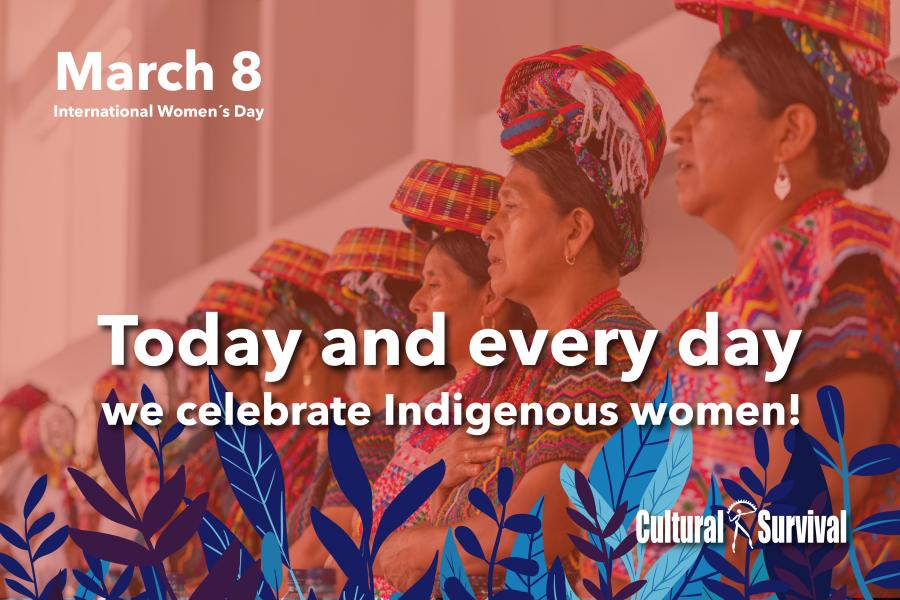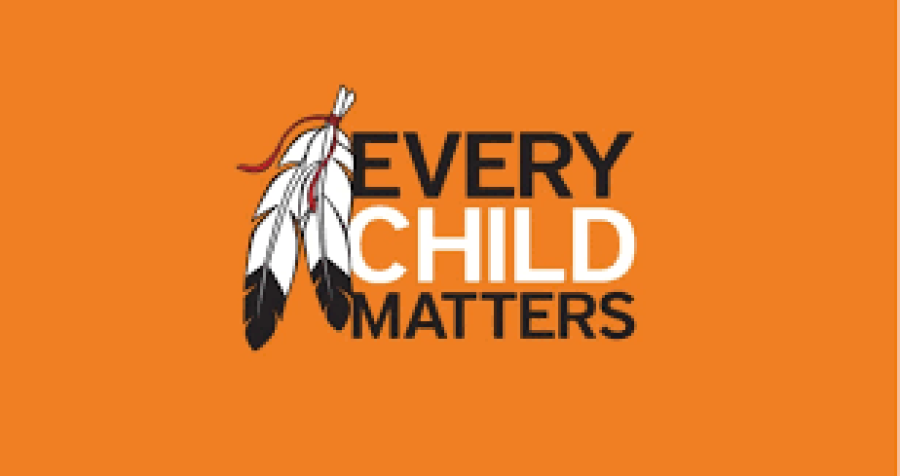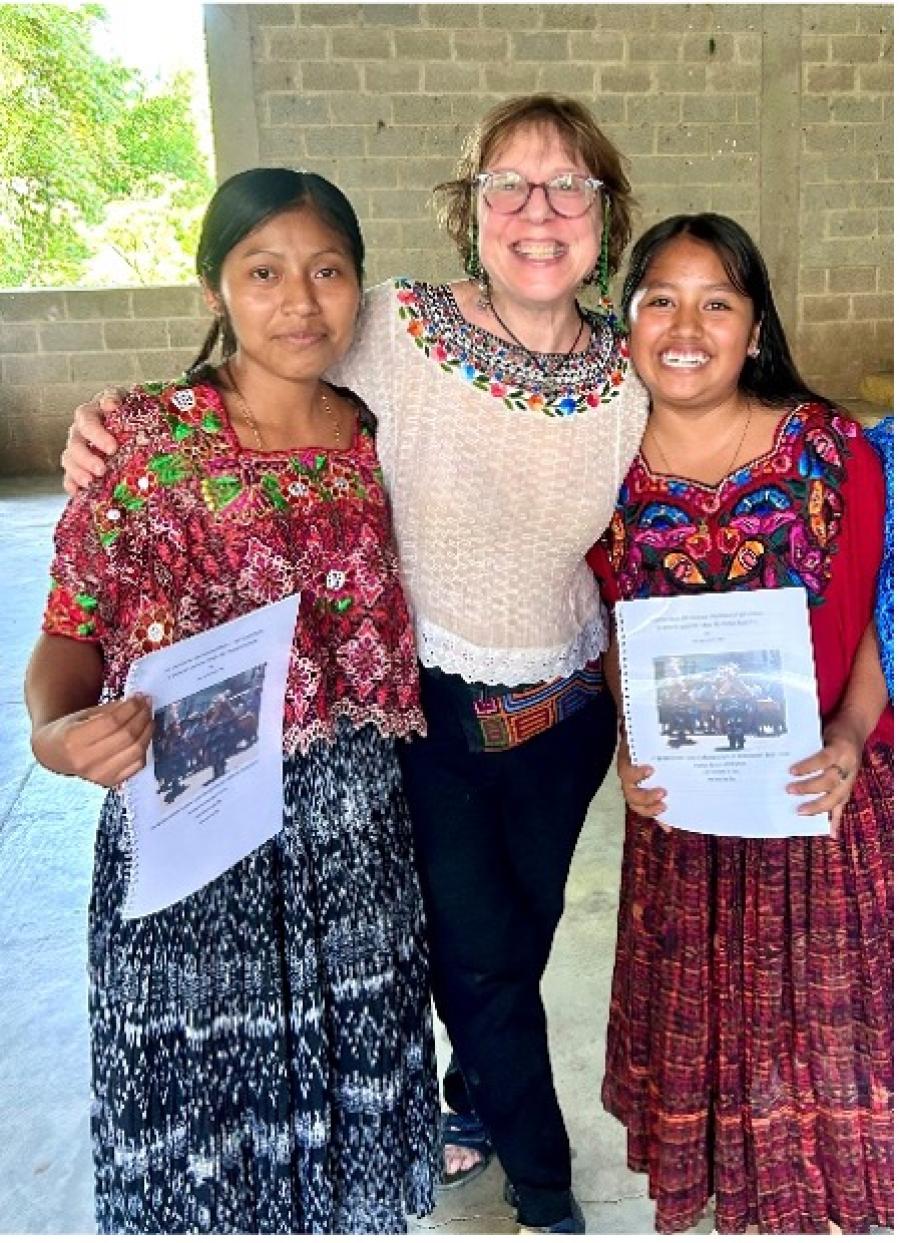
On this International Day for Biological Diversity, it is important to remember that Indigenous Peoples steward around a quarter of the Earth’s surface, which contains 80 percent of the world’s remaining biodiversity. They protect and defend their forests and jungles so they are not destroyed through exploitation. This is the case of Federación de Comunidades Nativas Maijuna (FECONAMAI), an Indigenous federation in Peru founded in 2004 which represents Maijuna Indigenous communities, who live in the northeast part of the Peruvian Amazon. FECONAMAI works to strengthen the well being of Maijuna Peoples, their cultures, and territories. Maijuna Peoples are some of the smallest and most vulnerable Indigenous communities in Peru.
The Amazon region with its great biodiversity in several countries has been under constant threat from extractive activities. Maijuna territory is no exception and its defense has come at the risk to life and well being to its defenders. In 2009, after many years of organizing, Maijuna communities successfully drove loggers and poachers off their lands. As part of the defense strategy, in 2015, after more than a decade of advocacy by Maijuna and Kichwa communities, FECONAMAI, and other allies, the Peruvian government finally approved the creation of the Maijuna-Kichwa Regional Conservation Area (ACRMK). This protected area covers 391,000 hectares of ancestral territory and is the first area in Peru declared after a prior consultation process.
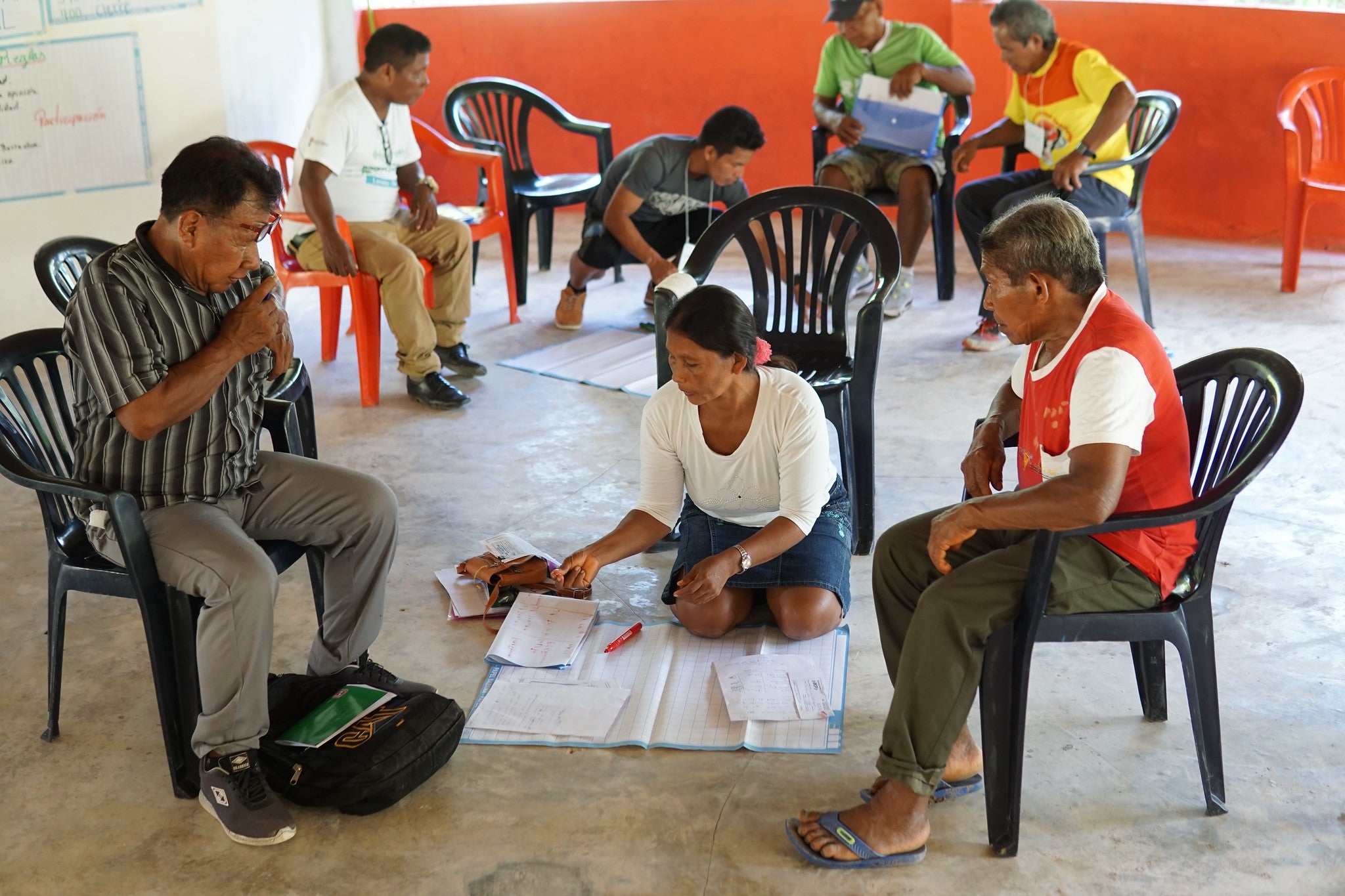
There is currently a new threat to Maijuna territory. The Peruvian government is planning to build a 140-kilometer highway directly through the heart of the ACRMK Protected Area. As part of the project, a development corridor is also planned which extends 5 kilometers on both sides of the highway, making local communities suspicious of plants for future oil palm plantations. The Peruvian government has not adequately obtained the Free, Prior and Informed of the community about this highway project as required by Peruvian law. The communities are concerned that this project will only promote monocultures, increase land grabbers in the area, lead to deforestation, and bring an increase in drug crop cultivation already prevalent in the area, and alter the ecological and social balance.
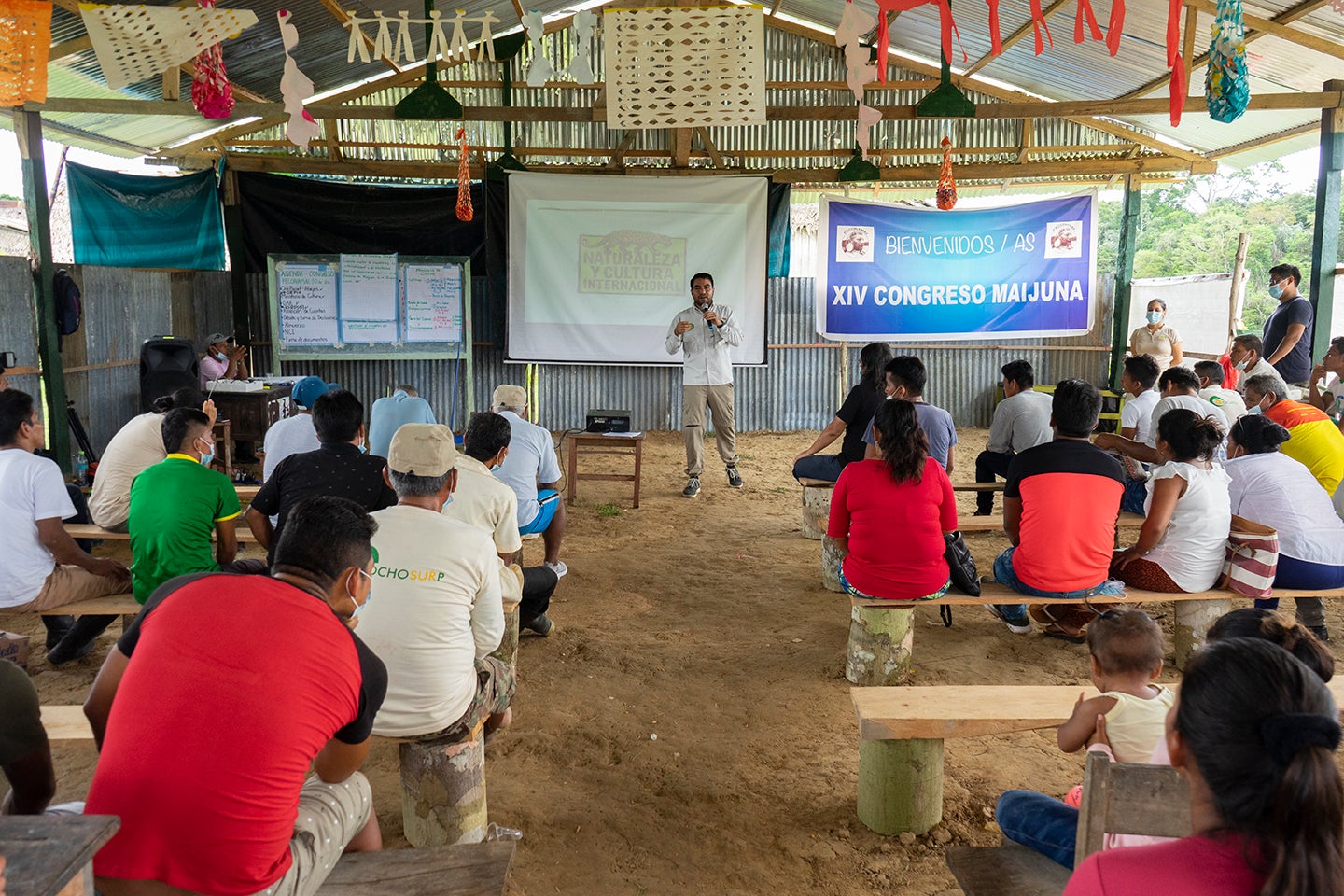
In 2022, Cultural Survival supported the work of FECONAMAI through a project financed by the Keepers of the Earth Fund to strengthen their organization and fight to protect their territory. During the project, they held the IV Federation Congress, after a two-year hiatus due to the Covid-19 pandemic. This congress promoted the construction of the new community center in the community of Nueva Vida. They also held meetings and workshops, one of the most important ones was on accountability, resource management, and transparency. Commenting on the workshop, Sebastán Ríos, a Maijuna community leader said, "This is the best workshop we have attended because it has been fun and we have learned things that we did not know we could learn."
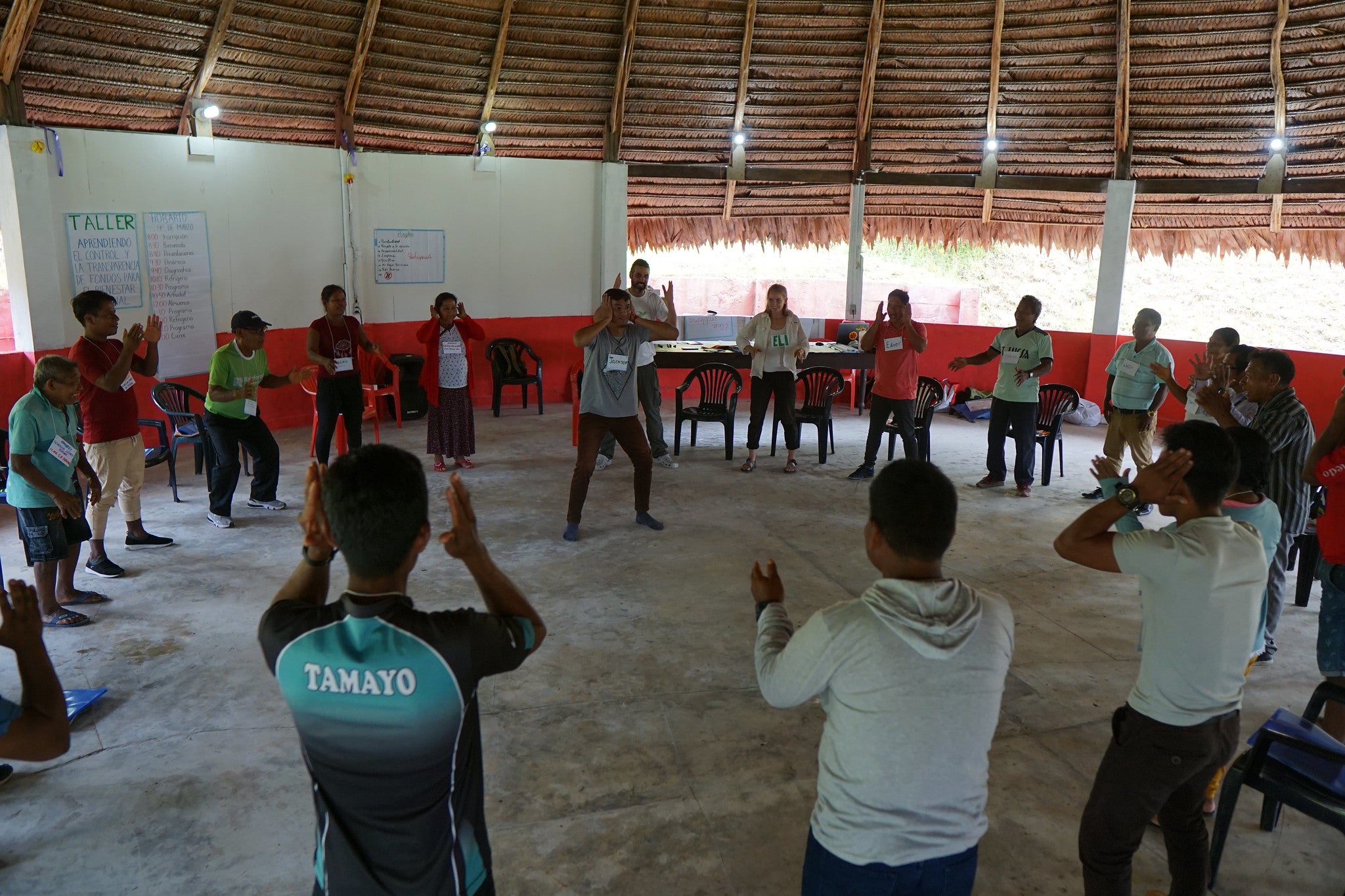
FECONAMAI is committed to collective action and has joined communities, institutions, and organizations to put political pressure on the State to secure their rights. The fight of Maijuna Peoples for the protection of their territory and land continues because as they say "Our cultural survival as Indigenous Peoples is at stake and we will not stop fighting until we are victorious" because their diverse territory is vital for their community health, food sovereignty, and economic prosperity, and the true engine of development of their communities.
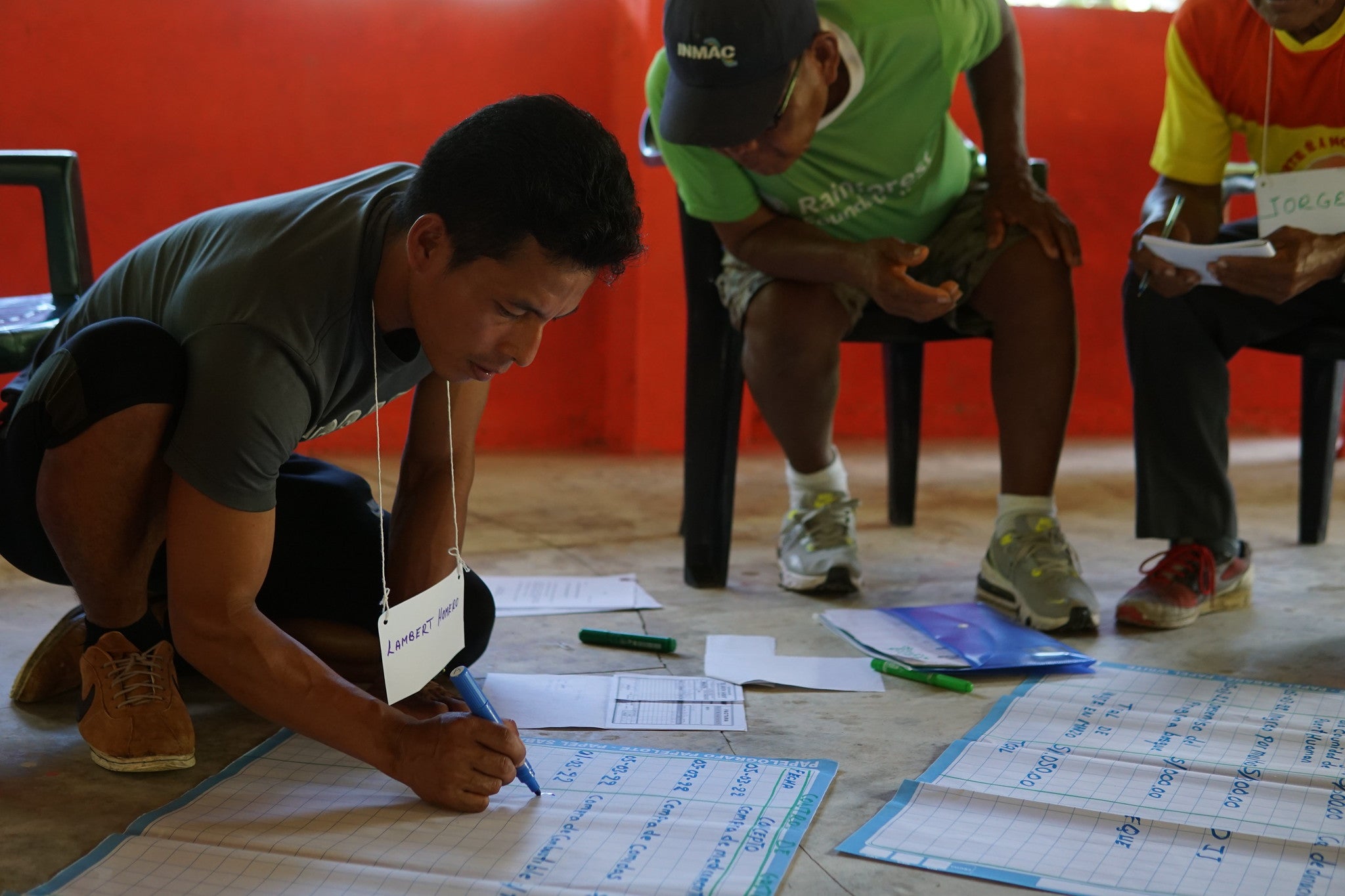
The Keepers of the Earth Fund (KOEF) is an Indigenous-led fund within Cultural Survival, designed to support the advocacy and community development projects of Indigenous Peoples. Since 2017, through small grants and technical assistance, KOEF has supported 238 projects in 38 countries for a total of $1,059,702. KOEF provides grassroots Indigenous-led communities, organizations, and traditional governments to support their self-determined development projects based on their Indigenous values. Predicated on the United Nations Declaration on the Rights of Indigenous Peoples, Cultural Survival uses a rights-based approach in our grantmaking strategies to support Indigenous grassroots solutions through the equitable distribution of resources to Indigenous communities.
